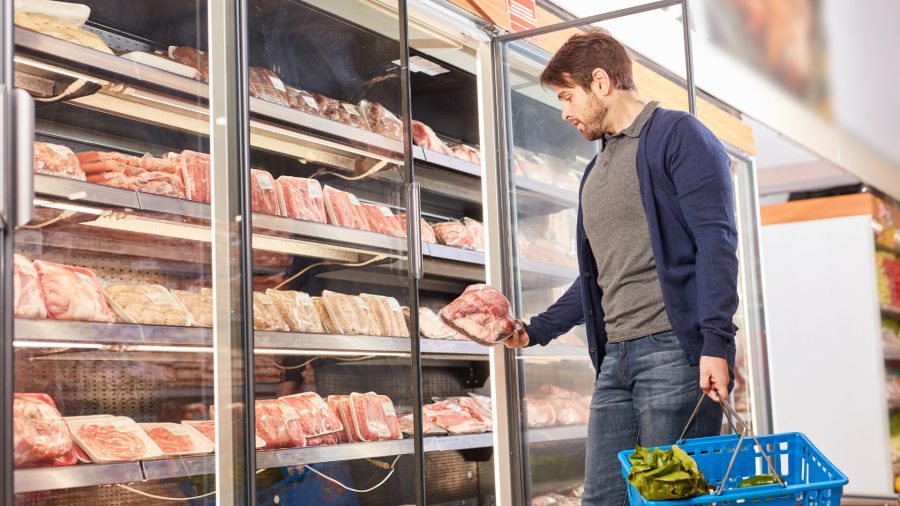Algeria has authorised the importation of red and white meats, a move aimed at ensuring the supply of these food products to the market.
According to a statement released by the Ministry of Agriculture and Rural Development, the market is now open for the importation of “frozen white meats.” Interested business operators are urged to submit requests for import health permits through the digital platform from September 10th to September 20th.
Importers are required to present an annual import program, as stated in the ministry’s announcement. In addition to white meats, the ministry has also granted permission to import fresh, refrigerated, and vacuum-packed beef.
Furthermore, the authorization includes the importation of fresh, refrigerated, and frozen lamb meat. This decision applies to both private and public operators. It’s important to note that this decision comes amidst intense controversy over the prices of these products.
These foods have become increasingly unaffordable, especially for those with incomes that don’t even cover daily necessities. For instance, in supermarkets, the price of white meats can sometimes exceed 650 Algerian dinars per kilogram.
Red meats, on the other hand, are considerably more expensive. This protein-rich food can cost between 1500 and 2500 Algerian dinars per kilogram, depending on the desired quality.
This issue has been raised by Hadj Tahar Boulenouar, the president of the National Association of Traders and Artisans. He recently stated, “Over the past two years, the prices of red and white meats have increased by more than 50%.”
This situation, which repeatedly resurfaces, is increasingly stirring consumer outrage. Social media is filled with expressions of indignation, and campaigns calling for boycotting the purchase of meats and their derivatives, such as eggs, are multiplying.
According to Mr. Boulenouar, the soaring prices can be attributed to several factors. He first mentions “the lack of domestic production.” According to him, the production rate “does not exceed one million tonnes per year, with a deficit ranging from 400,000 to 500,000 tonnes.” This is “insufficient,” he added, “as demand exceeds 1.5 million tonnes.”
Despite “the rise in animal feed prices,” the president of the National Association of Traders and Artisans also pointed out “the suspension of meat imports.” This led to “an imbalance between supply and demand, resulting in a significant price increase,” he explained further.
Therefore, Mr. Boulenouar believes that the decision to authorize meat imports announced recently “will help stabilize prices in the market, especially for white meats.” In his view, this is a measure taken to “improve citizens’ purchasing power.”
However, Mr. Boulenouar considers that “permanent solutions lie in encouraging domestic production and organizing livestock markets.” In this regard, he also advocates for “promoting the production of animal feed.”



